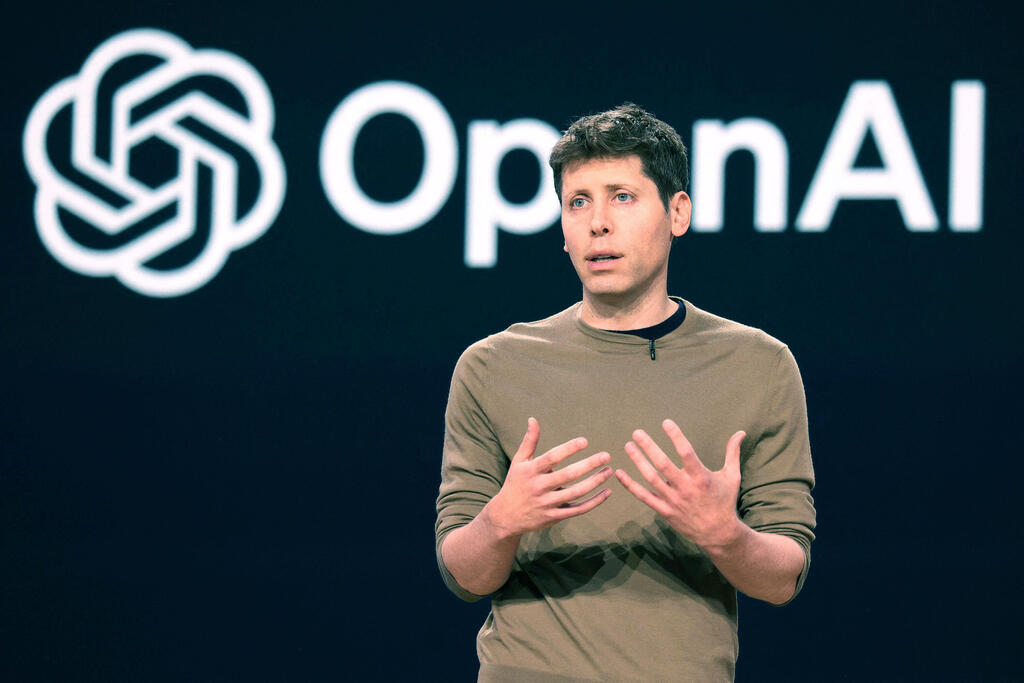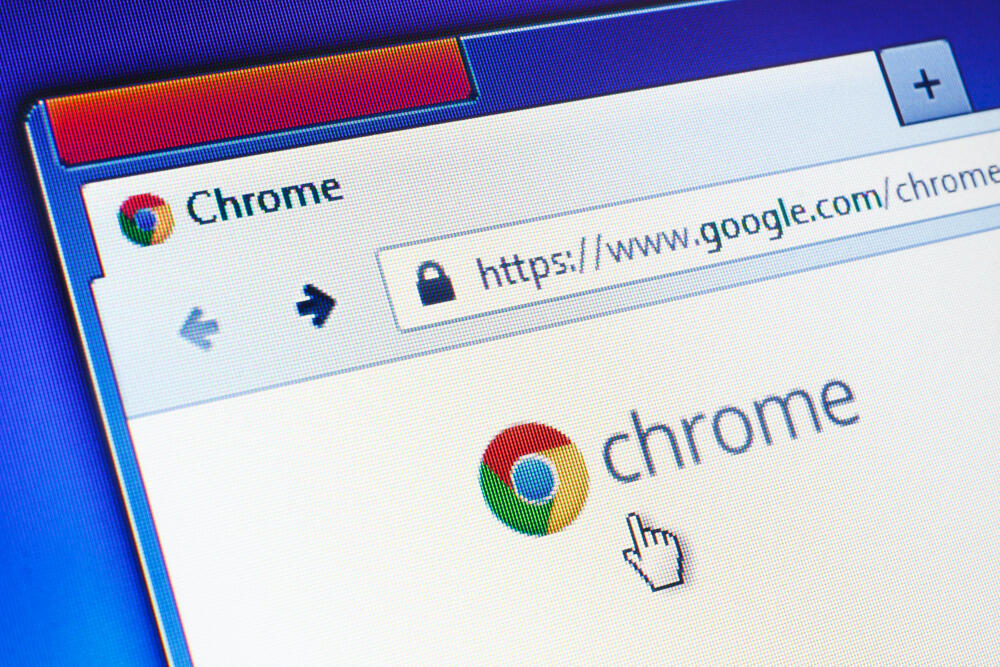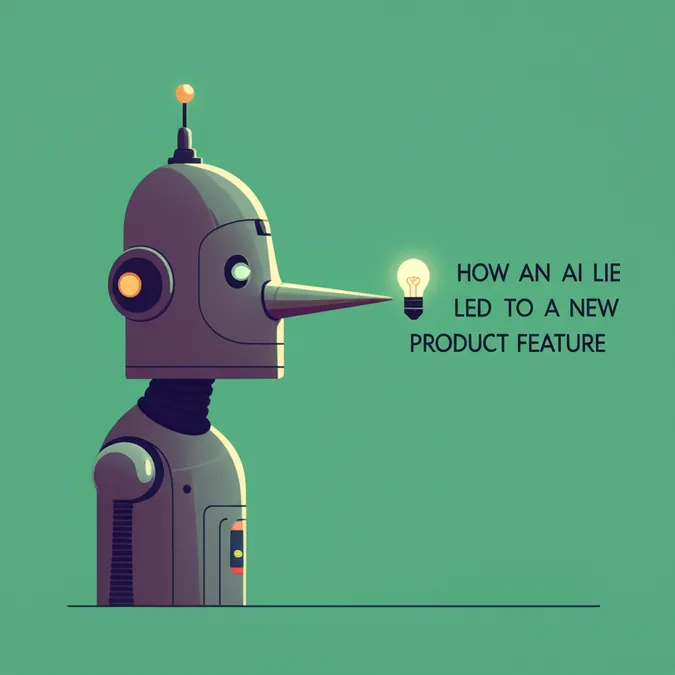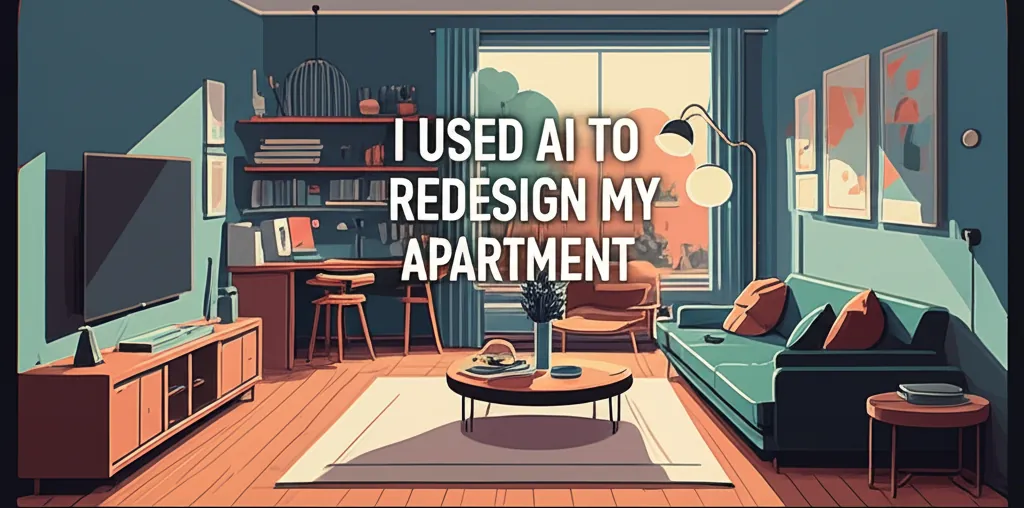Developer Offer
Try ImaginePro API with 50 Free Credits
Build and ship AI-powered visuals with Midjourney, Flux, and more — free credits refresh every month.
The New Browser Wars Are Here OpenAI Versus Google
OpenAI Enters the Browser Arena
OpenAI, the powerhouse behind ChatGPT, is making its most audacious move yet to redefine our internet experience: it's developing a complete, AI-native web browser. This isn't just a minor experiment; it's a calculated strike aimed at disrupting the massive, ad-driven empire Google has meticulously built around Chrome and its search engine.

A New Way to Browse The AI Data Advantage
Scheduled for release in the near future, OpenAI's browser is designed to completely overhaul the traditional browsing model. By embedding sophisticated artificial intelligence directly into the user interface, it will shift the user experience away from clicking through links. Instead, users will engage with the web through conversational prompts, receive chat-based summaries, and deploy intelligent agents to perform tasks on their behalf, such as filling out complex forms or scheduling appointments.
This initiative is about more than just user convenience—it's a strategic play for data. If the browser is widely adopted by ChatGPT's massive user base, which includes hundreds of millions of weekly users, OpenAI could gain access to an invaluable stream of behavioral data. This is the very asset that has fueled Google's dominance in ad-tech. By routing user interactions through an AI layer, OpenAI can gather insights directly from browsing habits, effectively bypassing the traditional search bar.
Challenging Chromes Market Dominance
This move is the latest in a series of bold expansions for OpenAI. After shaking up the tech world with ChatGPT in late 2022, the company ventured into hardware by acquiring an AI device startup from former Apple design chief Jony Ive. Now, it is setting its sights on one of the last strongholds of Big Tech: the web browser.

Currently, Google Chrome commands the global market with over 3 billion users, accounting for more than two-thirds of all browser usage, while Apple's Safari trails with just 16%. Chrome's value to Google is immense; it directs users to Google Search and collects browsing data that underpins Alphabet's multi-billion dollar advertising business. Its power is so significant that the U.S. Department of Justice has even called for its breakup, alleging illegal monopolistic practices.
OpenAI is building its browser on Chromium, the same open-source foundation as Chrome, but it has no intention of being a minor player. The company recently hired two senior VPs from Google who were instrumental in creating the original Chrome. An OpenAI executive even noted the company would have considered acquiring Chrome if regulators forced a sale. Instead, they opted for the more ambitious path: building their own browser to gain full control over the user experience and data.

The Next Generation of AI Native Browsing
The OpenAI browser will feature tools like its “Operator” AI agent, designed to automate digital tasks directly within the browser. This transforms the browser from a passive viewing tool into an active partner. This move places OpenAI at the forefront of what is quickly becoming the next major tech arms race: AI-native browsing.
Competition is already emerging. Perplexity, an AI search startup, has launched its own browser, Comet, which includes an integrated answer engine and an AI assistant for managing tabs and summarizing content. Google is also responding by integrating more AI features into Chrome and introducing an “AI Mode” for search.
The Dawn of a New Browser War
We've seen browser wars before—Microsoft vs. Netscape in the 90s, and Chrome vs. Firefox in the 2000s. Today, the stakes are significantly higher. The browser is evolving from a simple gateway to the internet into the primary operating layer for artificial intelligence.
OpenAI faces a formidable challenge, but with a rapidly growing user base and a compelling vision that merges generative AI with web functionality, it is making a powerful bet. The company believes users no longer want to simply search the web; they want the web to work for them. This fundamental shift in user expectation might be the very thing that finally challenges Google's long-held dominance.
Compare Plans & Pricing
Find the plan that matches your workload and unlock full access to ImaginePro.
| Plan | Price | Highlights |
|---|---|---|
| Standard | $8 / month |
|
| Premium | $20 / month |
|
Need custom terms? Talk to us to tailor credits, rate limits, or deployment options.
View All Pricing Details

